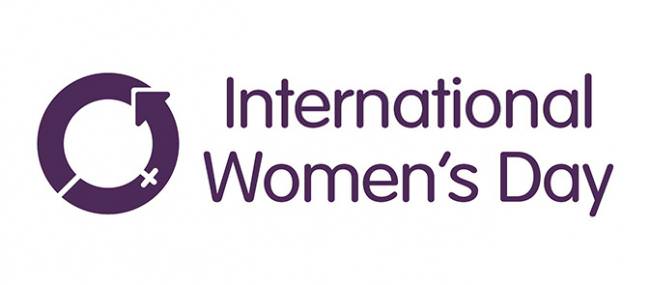Co-Authored by Dawn Jeffery, Dr Marsha Scott, Nicki Norman & Sarah Mason
In 2018 alone, 149 women were killed by men in the UK.[1] Nearly two thirds of them were killed by their current or former partner. We, the four national Women’s Aid federations[2], are grieving for these women, their families and friends. We are hurting because, on International Women’s Day in 2020, women and their children living with violence and abuse are still not receiving the protection and support they need.
As four federations who have worked for five decades to end violence against women and girls, we know what works. Women experiencing gender-based violence need safety, support and the right response the very first time they reach for help. Far too often, the vital support women need is not available to them. After building up the courage to speak out, they are told they can’t access support as they are at ‘low risk’ of harm, there are long waiting lists to access life-saving support services, there are no refuge spaces, or they can’t access services because of their immigration status.
This week the UK Government re-introduced the Domestic Abuse Bill in England and Wales after years of Brexit-related delays. The Bill will mean our country finally ratifies the Istanbul Convention, a landmark international treaty on violence against women, nearly a decade after it was agreed at the Council of Europe. Whilst we celebrate this commitment, we recognise that the legal framework across our four nations remains patchwork and inconsistent – coercive and controlling behaviour is still not criminalised in Northern Ireland – and the UK’s continuing failure to meet the treaty’s obligations in protecting and supporting victims is glaring.
The Convention makes access to specialist support services – like those run by hundreds of Women’s Aid groups across the UK – a right. These services are independent and run ‘by and for’ women, many who have survived domestic abuse themselves. The services are specialist because they work from an understanding that violence against women is a cause and consequence of our unequal position in society, linked to other forms of oppression in society. The services have uniquely adapted to meet the multiple needs of women and children who have experienced domestic abuse, providing the space and tools to rebuild their freedom. Staff are expert, are skilled and support women experiencing unimaginable levels of trauma on a daily basis. These staff are at the heart of preventing violence against women in their communities, raising awareness and challenging misogyny.
Funding for life-saving services remain insecure and inadequate.[3] Against a shortfall of 28.5% in refuge spaces according to the Council of Europe’s recommendation for the UK[4], the national network of refuges is turning women and children away daily at their point of need. Specialist women’s services can be undercut in ‘competitive tendering’ processes that are gender-blind and ignore the expertise of their work. Services face an uncertain funding future, and even cuts to their current funding, whilst demand for their help is unrelenting. This results in a heart breaking reality of having to reduce the level of support the services can provide for women and children. We have seen our members struggling to provide life-saving services with no funding, using their limited financial reserves or even relying on volunteers to carry on delivering support. This is not sustainable, and women and children are paying the price.
On International Women’s Day in 2020 we urge the UK Government to ratify and deliver the Istanbul Convention and the Northern Ireland Assembly, Scottish Parliament and Welsh Assembly to uphold their commitments within this treaty. We need to ensure the survival of life-saving specialist domestic abuse support services, including those run ‘by and for’ black and minoritised women and other marginalised groups. We need a sustainable funding system that guarantees stable funding for specialist services across all four nations. We need to see equal protection under the law and equal access to services for all women and children experiencing domestic abuse – including urgent reforms to tackle the desperate barriers migrant women face – across the whole of the UK. We need a just and equal future for women and girls.
[1] Femicide Census: Annual Report on UK Femicides 2018
[2] Scottish Women’s Aid, Welsh Women’s Aid, Women’s Aid Federation England and Women’s Aid Federation Northern Ireland
[3] Scottish Women’s Aid, Census Day 2019 and Funding Survey 2017-18; Women’s Aid Federation England (2020) The Domestic Abuse Report 2020: The Annual Audit, Bristol: Women’s Aid; Women’s Aid Federation Northern Ireland, Briefing Paper on Coercive Control and Domestic Abuse Legislation, February 2020; Welsh Women’s Aid, State of the Sector (2018)
[4] Data from Routes to Support, 2020. Routes to Support is the UK-wide database of Violence Against Women and Girls services, run in partnership by Scottish Women’s Aid, Welsh Women’s Aid, Women’s Aid Federation England and Women’s Aid Federation Northern Ireland.
